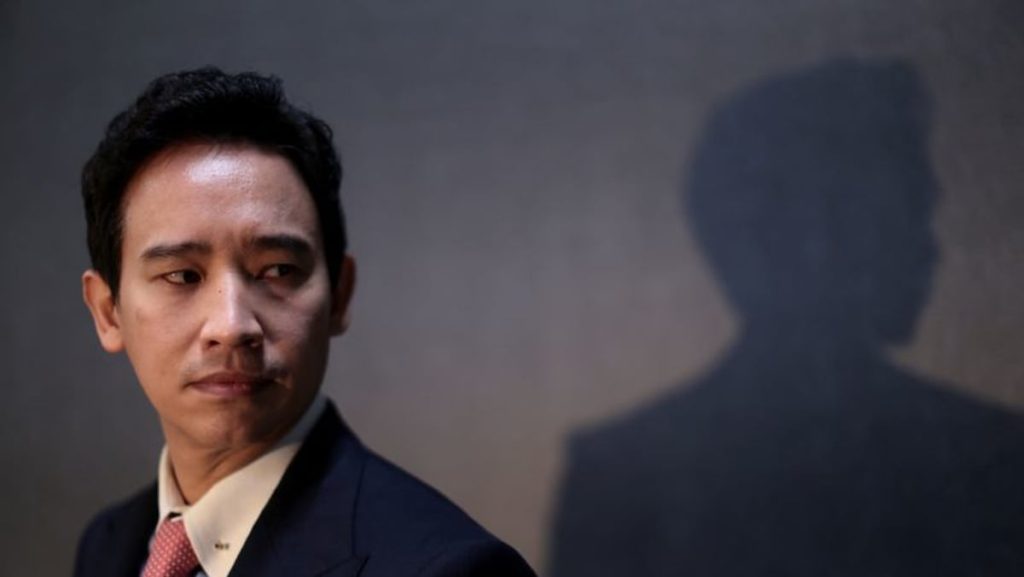Last year, Move Forward, a progressive political party in Thailand, faced opposition from influential rivals that prevented it from forming a government. Despite this setback, Move Forward remains a significant political force challenging the status quo. The party’s platform includes military reform and the dismantling of big business monopolies, which has put it in conflict with powerful groups involved in Thailand’s longstanding political crisis, characterized by coups, the removal of prime ministers, dissolution of parties, and street protests.
Following a court decision disbanding Move Forward, some supporters called for protests against the ruling. At the party’s headquarters, loyalists expressed disappointment and disbelief, feeling like they had reached a low point with no support left in Thailand’s democratic institutions. The disbandment of Move Forward comes at a crucial time in Thai politics, as tensions arise between the royalist establishment and the populist ruling party, Pheu Thai, which has faced previous coups and judicial interventions. The Constitutional Court is set to decide on the dismissal of Prime Minister Srettha Thavisin over the appointment of a lawyer with a criminal record to his cabinet.
Srettha’s case, along with other factors, has increased political uncertainty and impacted financial markets in Thailand. The potential removal of the prime minister could lead to political upheaval, with a new premier needing to be voted on by parliament. This process could result in Pheu Thai facing off against coalition partners and potentially reshaping the governing alliance, cabinet, and policies in Thailand’s political landscape.
The disbandment of Move Forward marks a significant moment in Thai politics, as the progressive party’s influence continues to pose a threat to established power structures and traditional political practices. The party’s commitment to military reform and challenging big business monopolies has sparked confrontation with key groups involved in Thailand’s political crisis, dating back to 2006. Despite facing challenges and setbacks, Move Forward’s supporters remain dedicated to their cause and have responded to the court ruling with calls for protests to voice their dissatisfaction.
As Thailand’s political landscape shifts and uncertainties mount, the disbandment of Move Forward adds another layer of complexity to an already volatile situation. The potential dismissal of the prime minister and the ensuing parliamentary vote could lead to significant changes in the country’s leadership and policies. The ongoing power struggle between different political factions, including the royalist establishment, populist ruling party, and progressive movement, highlights the deep-rooted divisions and tensions within Thailand’s political system that have persisted for over a decade.


